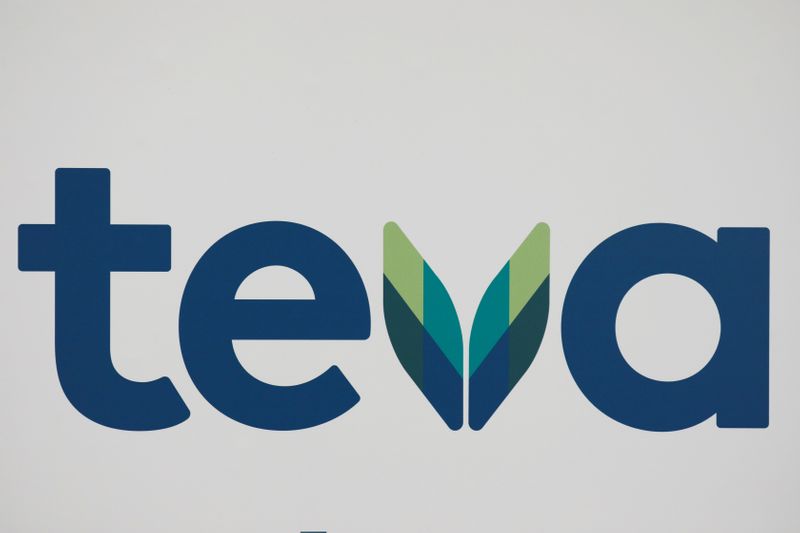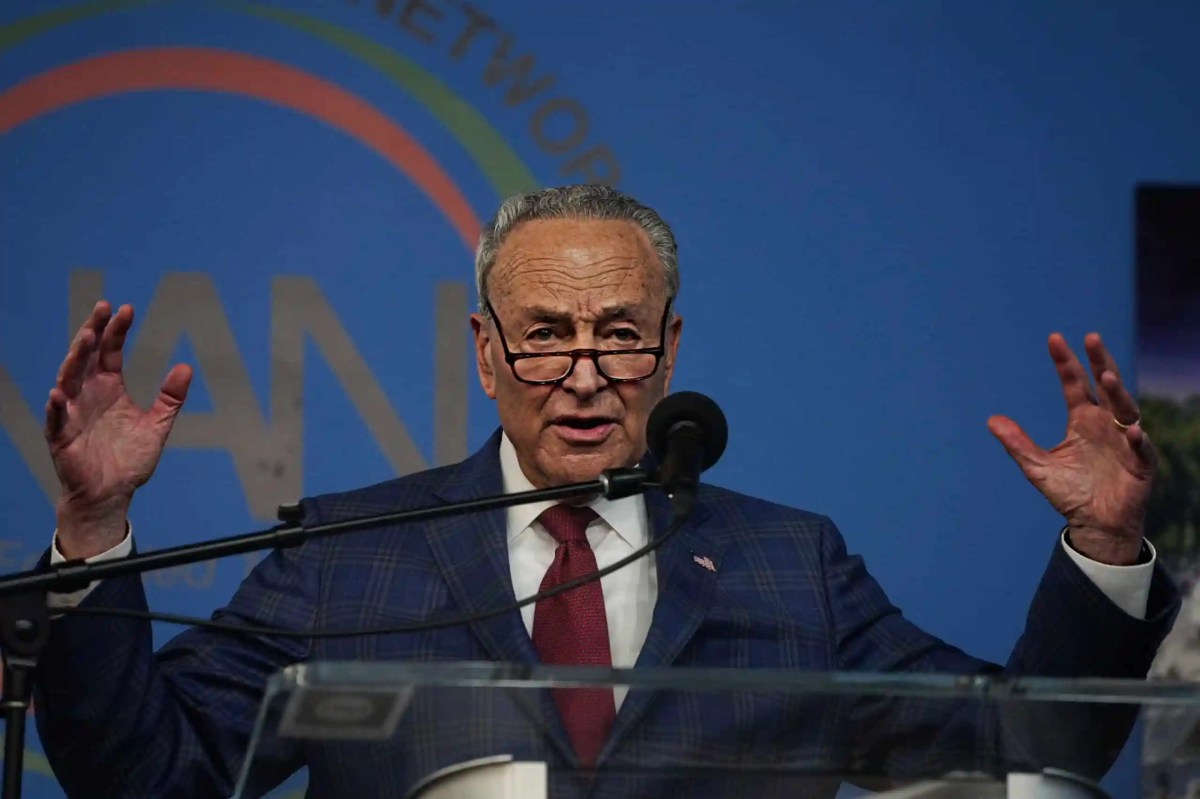BRUSSELS (Reuters) – EU antitrust enforcers, boosted by recent court victories, on Monday reinforced their case against Israeli drugmaker Teva over its deal with rival Cephalon to delay selling a generic version of its sleep disorder drug modafinil.
Three years ago, the European Commission said the company’s cash payments deal with Cephalon as part of a settlement to end a lawsuit over alleged infringement of Cephalon’s patents on the blockbuster drug may have jacked up the price of modafinil.
It sent a statement of objections, or charge sheet, outlining its concerns why the deal may be anti-competitive. Teva later acquired Cephalon in 2011.
On Monday, the EU competition enforcer sent a supplementary charge sheet to Teva, clarifying why it considered that the objective of the pay-for-delay deal was to restrict competition. It also cited recent court judgments backing its stand.
Teva can be fined up to 10% of its global turnover if found guilty of breaching EU antitrust rules. Regulators on both sides of the Atlantic have fought a long-running battle with drugmakers against such deals.
(Reporting by Foo Yun Chee; editing by David Evans)























